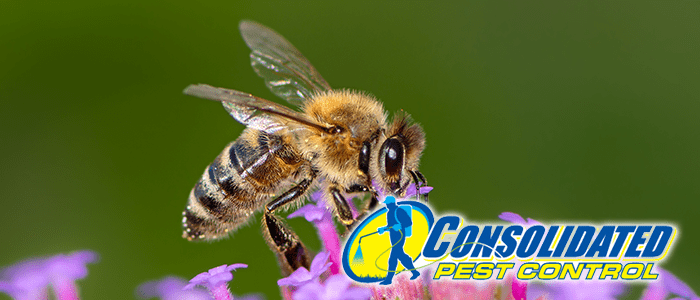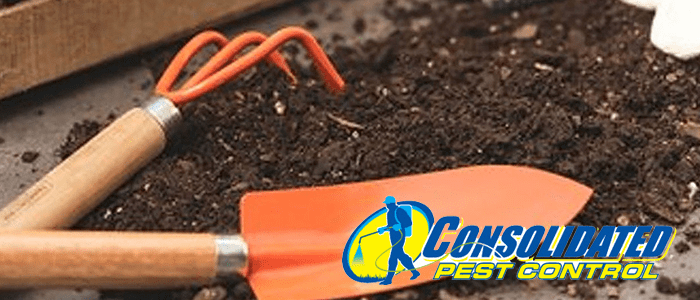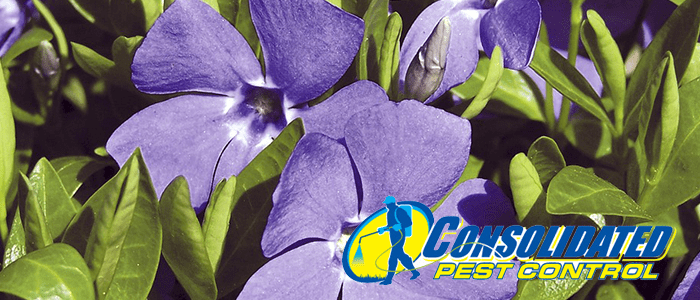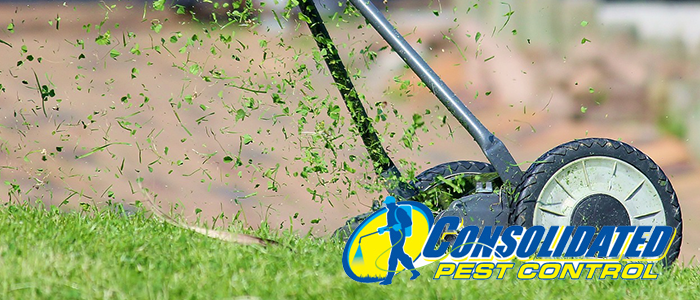
Preventing Bee Invasions
Honeybees are essential pollinators, ensuring the production of nuts, fruits, vegetables, and 75% of the world’s flowering plants. But, having them in your yard can be a headache, especially for those with allergies to bee stings that might put their health at risk. With a little work, some know-how, and technique there are several ways that a property owner can discourage bee invasions from becoming an incursion in their yard.
Within this article we will give you tips on how to protect yourself from bees, keep their nests away, and in ways that won’t damage your precious property ecosystem.
Avoid Planting Bee Friendly Flowers
There is a distinct difference between bees and wasps. Bees, being the most docile of insects, collect pollen from flowers. For this reason, it is important to avoid yellow, blue, red, and purple flowers when planting your garden.
To avoid bees, it is important to know what draws them. Bees primarily survive off nectar found in flowering plants. Some types of plants are more appealing to bees than others. In particular, plants that have yellow, blue, red or purple flowers tend to attract the most bees.
Insect Repellents and Bee Invasions
Insect repellents come in a variety of forms, including sprays, lotions and candles. The most effective options are natural, containing ingredients like citronella oil or peppermint extract. The most effective insect repellents use N,N-diethyl-meta-toluamide (DEET), a chemical found in many other household products such as bug sprays and nonstick cooking spray.
While some people swear by the effectiveness of dryer sheets, some households don’t have those on hand, so they make little sense as an option… If you do have them, it can’t hurt to try?
Bees and Open Drinks
Honeybees have evolved to be attracted to sweet substances and odors, including the sugary flavor of food and drink. It’s essential to keep this in mind the next time you plan on hosting food outside. If you’re not careful, a swarm of hungry bees can ruin your picnic. If you’re hosting or attending outdoor activities like barbecues or picnics, keep all food and drink covered.
As an addition, you should provide both trash cans and their matching lids. Otherwise, you might find bee invasions on your doorstep in no time.
Marigolds and Bee Invasions
Marigolds are also known as “the gardener’s friend,” so they can help you keep other pests away. You can plant them near tomatoes to keep the stinkbugs away, or put them around your roses to prevent aphids from attacking. Likewise, they’re great for dealing with those pesky bees all the same.
However, if you’re looking for a way to repel bees from your home, you may need to take additional steps. Bees often have a preference for certain types of flowers, so planting them near your home may encourage the bees to stay there instead of going elsewhere. Just be careful of what plants you use.
If you want some further tips on getting rid of bee infestations, our experts at Consolidated Pest Control can help!








